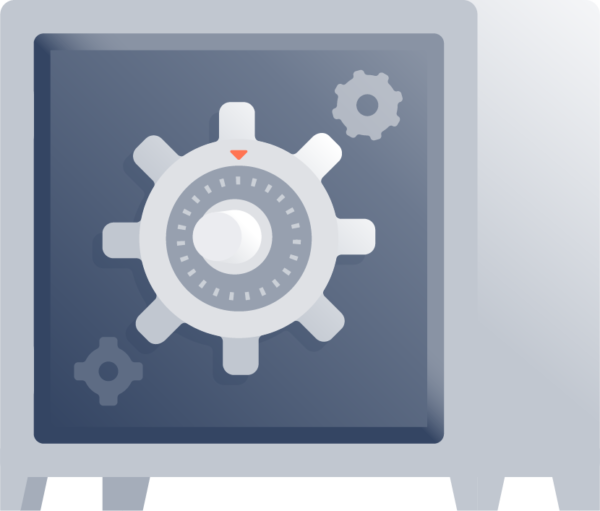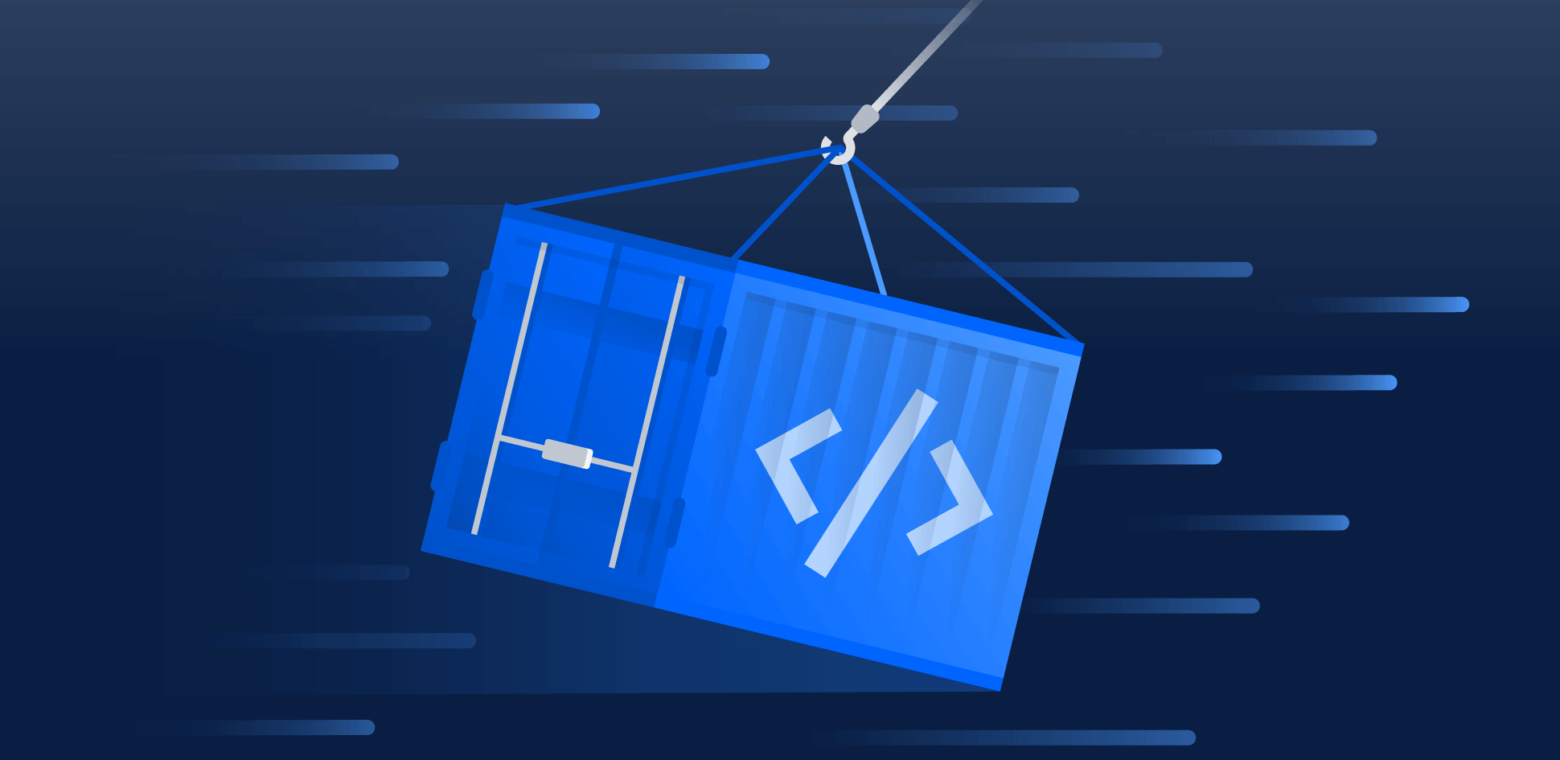Atlassian Data Center on Kubernetes: Why you should use Kubernetes and Docker for your Data Center deployment
Modernize your infrastructure by leveraging Data Center’s Docker images and Kubernetes helm chart templates.
An organism’s survival is dependent on its evolution – passing on traits that enable them to overcome challenges that would threaten its survival. Like any living thing, enterprises have to evolve to maintain a competitive advantage and continue to thrive. And while enterprises aren’t worried about being eaten by a predator, they are concerned with being agile enough to adjust to an evolving business landscape.
In many ways, digital transformation is the natural evolution and, for organizations that are operating in self-managed environments, infrastructure modernization is key. Instead of investing in physical infrastructure, admins are being tasked with finding better ways to host their products.
Two of the most popular options that enterprises are leveraging are containers and container orchestration frameworks. Containers provide a lightweight alternative to traditional virtualization tools, while orchestration frameworks automate many of the operational tasks required to run container workloads and services. When used together, enterprises can become more agile without administrative overhead.
Better agility

Most development teams have implemented some elements of DevOps into their practices and processes, but having the products with the right capabilities is paramount.
To speed up development, you can leverage Data Center’s hardened Docker container images. After defining the required configuration once, your teams can instantly deploy exact replicas of their environments from the command line at every stage of your deployment lifecycle, thus enabling the agility needed to keep valuable work moving forward and the flexibility to accommodate your organization’s evolving development strategy over time.
These images aren’t confined to just one development team. In fact, they can be leveraged across an entire organization to create secure, consistent, predictable environments that can speed up testing, thus reducing the impact on customers.
tip
Read our whitepaper to learn how to implement DevOps, SecOps, and DevSecOps with your Data Center products.
However, using our Docker container images as part of your Data Center deployment allows you to cut significant time by streamlining and automating these tedious workflows. After defining your required configuration once, you can instantly deploy exact replicas of your environment from the command line at every stage of your deployment lifecycle, giving you the agility needed to keep valuable work moving forward, and the flexibility to accommodate your organization’s evolving development strategy over time.
Simplified administration

Container images drive greater agility with development teams, but they can still contribute to some administrative overhead without a platform to help you manage them at scale. Enter: Kubernetes (K8s).
K8s is a container orchestration framework that allows you to easily manage your deployments in one place. This powerful platform comes with a number of benefits, including:
- Deployment automation
- Automated operations for containers
- Security enhancements
- Accelerated upgrades and rollbacks
- Better scalability and resiliency
On top of that, managing everything in one location helps you reduce unnecessary resource consumption.
To help you deploy your products, we’ve created Data Center helm charts – customizable templates that can be configured to meet the unique needs of the business. You can even choose how you run them – either on your own hardware or on a cloud provider. This allows you to stay in control of your data and meet your compliance needs while still leveraging a more modern infrastructure. The best part? Helm charts have their own lifecycle, so updates contain certain features and are upgraded automatically.
tip
Because you are deployed in a cluster-ready architecture, you can use Data Center’s upgrade without downtime options. Check out our video library to learn more.
We’re not alone in our excitement. We’ve created an entire Atlassian Community group where you can engage with our development team and your peers to learn about how to deploy your products on K8s.


